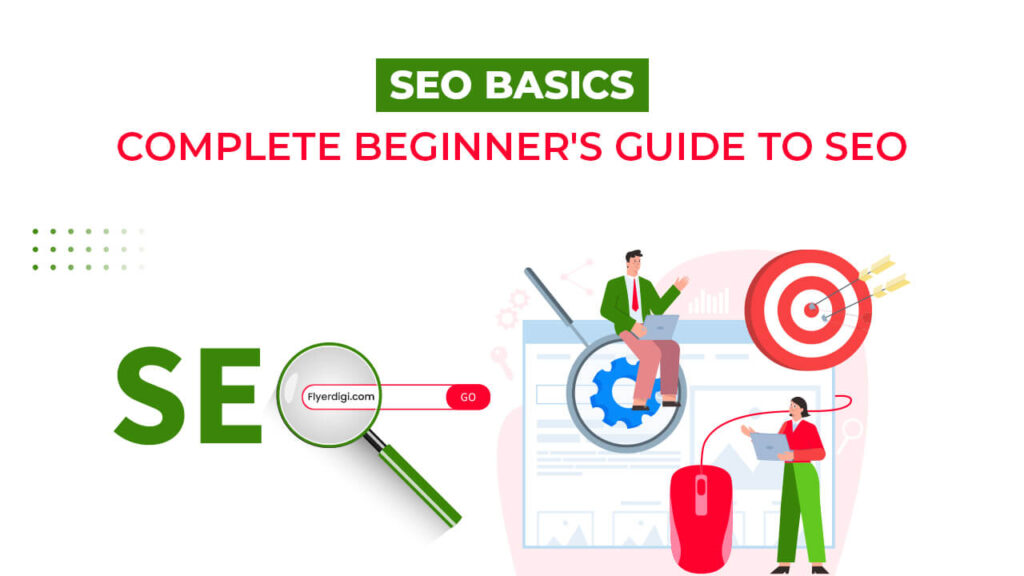Keyword Dominance: A Strategic Guide to Google Keyword Research

In the competitive landscape of online marketing, having a strong understanding of keyword research is essential. Keywords are the building blocks of Search Engine Optimization (SEO), and by effectively targeting the right ones, you can significantly boost your website’s visibility and attract more organic traffic.
In this comprehensive guide, we will delve into the world of Google keyword research, providing you with actionable strategies and tips to help you achieve keyword dominance.
Understanding the Power of Keywords
Keywords are the words or phrases that users enter into search engines to find information. They are the bridge between your website and your target audience. By optimizing your website content for relevant keywords, you can ensure that your pages appear higher in search engine results pages (SERPs), increasing your chances of being discovered by potential customers.
The Importance of Keyword Research
Keyword research is crucial for several reasons:
- Understanding Your Audience: By analyzing the keywords your target audience is using, you can gain valuable insights into their needs, preferences, and search behavior.
- Improving Website Visibility: Optimizing your website for relevant keywords can significantly boost your search engine rankings, making it easier for potential customers to find you.
- Creating High-Quality Content: Keyword research can help you identify topics that are of interest to your target audience, enabling you to create content that is both informative and engaging.
- Measuring Success: Tracking the performance of your targeted keywords can provide valuable data on the effectiveness of your SEO efforts.
Effective Keyword Research Strategies
Now that we understand the importance of keyword research, let’s explore some effective strategies to help you identify the right keywords for your website:
- Brainstorming: Start by brainstorming a list of keywords that are relevant to your business or topic. Consider the terms that your target audience might use when searching for your products or services.
- Competitor Analysis: Analyze your competitors’ websites to see what keywords they are targeting. Use tools like SEMrush or Ahrefs to identify their top-ranking keywords.
- Keyword Research Tools: Utilize powerful keyword research tools like Google Keyword Planner, SEMrush, Ahrefs, and Moz Keyword Explorer. These tools can provide you with valuable data on search volume, keyword difficulty, and related keywords.
- Long-Tail Keywords: Don’t overlook the power of long-tail keywords. These are more specific keyword phrases that have lower search volume but can be easier to rank for.
- User Intent: Consider the user’s intent when researching keywords. Are they looking for information, products, or services? Understanding user intent will help you create more relevant and targeted content.
Keyword Optimization Tips
Once you have identified your target keywords, it’s time to optimize your website for them. Here are some tips to keep in mind:
- Keyword Placement: Incorporate your target keywords naturally throughout your website content, including the title tags, meta descriptions, headings, and body text.
- Keyword Density: Avoid keyword stuffing. Use your target keywords strategically to improve your website’s relevance.
- Keyword Variations: Use synonyms and related terms to avoid keyword repetition.
- On-Page SEO: Optimize other on-page elements such as image alt text, internal linking, and URL structure.
Keyword Tracking and Analysis
To measure the effectiveness of your keyword research and optimization efforts, it’s important to track your website’s performance. Use tools like Google Analytics and Google Search Console to monitor your organic traffic, keyword rankings, and click-through rates.
Conclusion
Keyword research is a cornerstone of successful SEO. By following the strategies outlined in this guide, you can identify the right keywords to attract organic traffic to your website and improve your online visibility. Remember, keyword research is an ongoing process. Continuously monitor your target keywords and adjust your strategy as needed to stay ahead of the competition.






